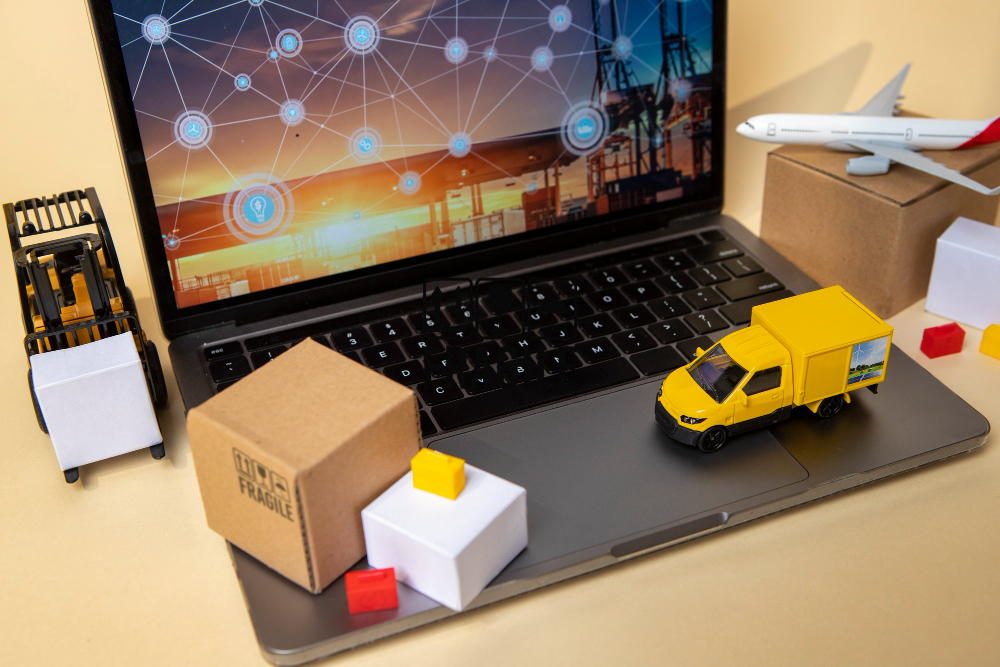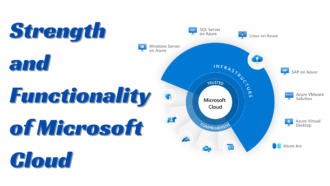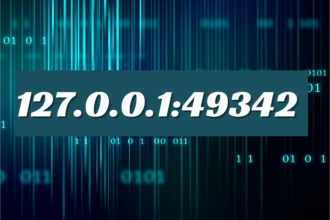The Role of IoT in Modern Freight Tracking Systems
- 1 IoT and Freight Tracking: A Seamless Integration
- 1.1 Sensor Technology: The Backbone of IoT in Freight Tracking
- 1.2 Real-Time Data Collection and Analysis
- 1.3 Improved Visibility and Transparency
- 1.4 Enhanced Security Measures
- 1.5 Optimized Route Planning and Asset Management
- 1.6 Predictive Maintenance
- 1.7 Adaptability and Versatility
- 1.8 Machine Learning Integration for Predictive Insights
- 1.9 Advanced Analytics
- 2 Conclusion
The integration of cutting-edge technologies has become indispensable in logistics and supply chain management. One such technology that has revolutionized the way companies track and manage freight is the Internet of Things (IoT). This article discusses the crucial role IoT plays in a modern Freight Tracking System, alongside its technical aspects and its overall significance in the logistics industry.
IoT and Freight Tracking: A Seamless Integration
The IoT is a network of interconnected physical devices, vehicles, and objects embedded with sensors, software, and other technologies, enabling them to collect and exchange data over the Internet. When applied to logistics and freight tracking, IoT creates a seamless integration of various components. That allows for real-time monitoring, analysis, and optimization of the entire supply chain.
Sensor Technology: The Backbone of IoT in Freight Tracking
At the core of IoT-based freight tracking lies sensor technology. These sensors can range from GPS devices and temperature sensors to humidity monitors and motion detectors. Each sensor serves a specific purpose in tracking and monitoring cargo. For instance, GPS devices provide precise location data, while temperature sensors ensure that perishable goods are transported under suitable conditions.
Real-Time Data Collection and Analysis
One of the most significant advantages of IoT in freight tracking is the ability to collect and analyze real-time data. This means that as your cargo moves from one location to another, you can access up-to-the-minute information about its status. This includes its current location, temperature, humidity, and any potential issues, such as shocks or vibrations during transit.
Improved Visibility and Transparency
IoT-enabled freight tracking enhances visibility and transparency throughout the supply chain. Shippers, carriers, and customers can access a centralized platform where they can track the progress of shipments in real-time. This increased visibility helps in better decision-making, reduces the risk of theft or tampering, and ultimately improves customer satisfaction.
Enhanced Security Measures
Security is a paramount concern in the freight industry. With IoT, freight-based tracking systems can incorporate advanced security measures. For instance, sensors can detect unauthorized access to cargo containers and trigger immediate alerts. GPS tracking ensures that stolen goods can be located quickly, reducing losses due to theft.
Optimized Route Planning and Asset Management
IoT in freight tracking is not limited to cargo monitoring alone. It also extends to optimizing route planning and asset management. IoT sensors on vehicles can collect data on fuel consumption, engine performance, and maintenance needs. This data can be analyzed to optimize routes, reduce fuel costs, and extend the lifespan of fleet vehicles.
Predictive Maintenance
Maintenance is a critical aspect of fleet management, and IoT plays a vital role in predictive maintenance. Sensors continuously monitor the condition of vehicles and equipment, detecting any anomalies or signs of wear and tear. This data enables proactive maintenance, preventing breakdowns and reducing downtime.
Adaptability and Versatility
Customization potential for IoT solutions in freight tracking extends to the nuanced requirements of diverse logistics operations. It renders them exceptionally adaptable and versatile. Irrespective of whether an entity functions as a compact local carrier or a sprawling global logistics behemoth, the malleability of IoT technology permits seamless alignment with specific operational prerequisites. The ability of IoT to adapt and be flexible makes it a great choice for all kinds of logistics companies, whether they’re small local carriers or large global players.
Machine Learning Integration for Predictive Insights
IoT in modern freight tracking continues beyond data collection and analysis. It goes a step further with machine learning integration. By harnessing the power of machine learning algorithms, logistics companies can extract valuable insights from the massive amounts of data generated by IoT sensors. These algorithms can detect patterns and anomalies, helping to predict potential issues such as delivery delays, equipment failures, or supply chain bottlenecks.
Advanced Analytics
Advanced analytics powered by machine learning is emerging as a game-changer. The integration of IoT sensors with machine learning algorithms enables in-depth data analysis, allowing logistics companies to extract valuable insights and make data-driven decisions. Machine learning algorithms can detect complex patterns and anomalies within the data, offering predictive capabilities. This empowers logistics firms to anticipate supply chain bottlenecks, predict equipment failures, and optimize maintenance schedules. What this does is ultimately enhance operational efficiency and cost-effectiveness.
Conclusion
IoT has emerged as a game-changer in a modern Freight Tracking System. Its technical prowess, real-time data capabilities, and the myriad of benefits it offers have made it an essential tool for the logistics industry. With IoT, businesses can enhance visibility, improve security, optimize operations, and ultimately provide a better experience for shippers and customers.



















